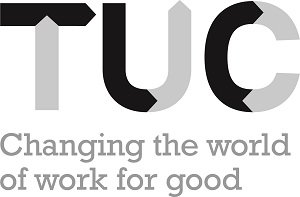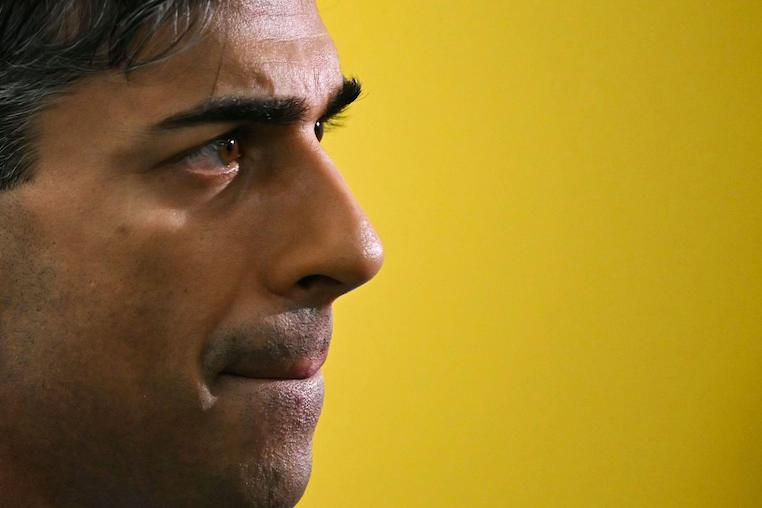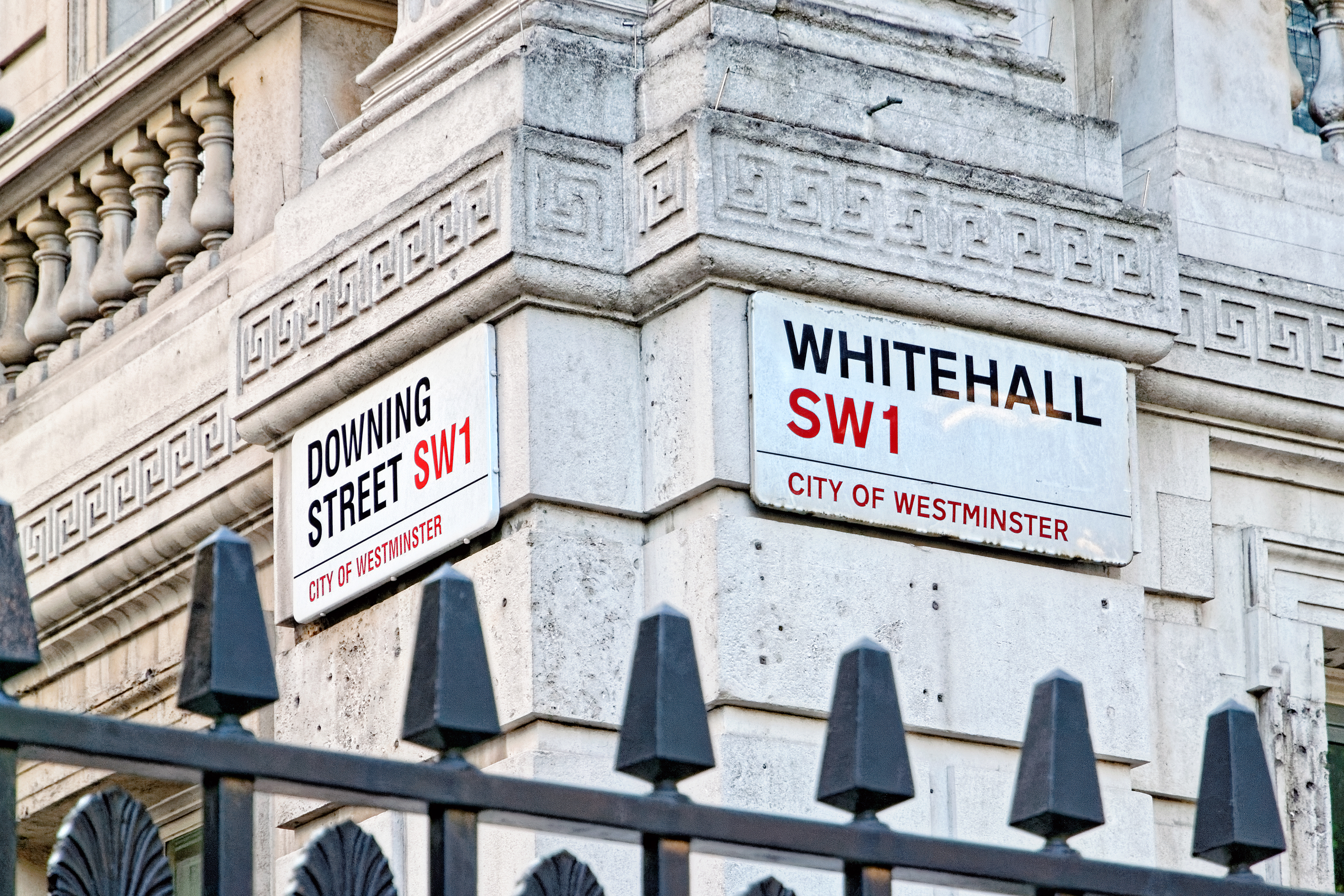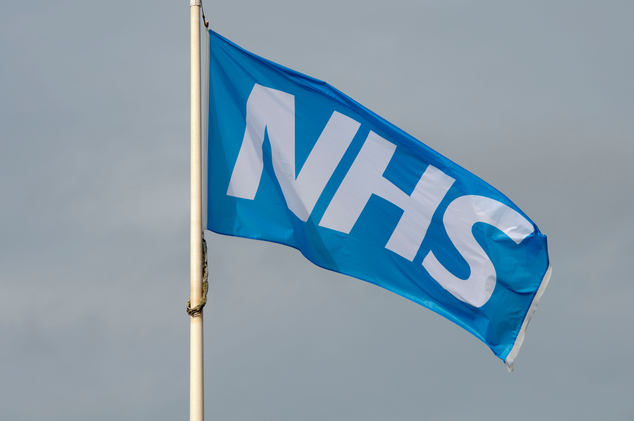Plaid Cymru (the Party of Wales) is a Welsh Nationalist party that sits on the left of the political spectrum.
In comparison to the Scottish Nationalist Party (SNP), Plaid Cymru is currently far less of an electoral force, with considerably smaller representation both at Westminster and in the Senedd (previously known as the Welsh Assembly).
In the 2019 General Election, Plaid Cymru won three of the 40 Welsh seats in the House of Commons, one seat in the House of Lords, and 13 out of 60 seats in the Senedd. Since 2021, the party has held one out of the four Welsh Police and Crime Commissioners.
In 2020, Plaid Cymru representatives accounted for 202 of 1,264 principal local authority councillors in Wales.
Plaid Cymru Leader
On 28 September 2018, Adam Price was elected Leader of Plaid Cymru, taking over from the previous Leader, Leanne Wood.
Notable previous Leaders of the Party include Ieuan Wyn Jones, who was party leader twice, serving as Deputy First Minister of Wales and Minister for the Economy and Transport in the Third National Assembly.
A leadership race in Plaid Cymru can be triggered by a challenge to the incumbent Leader. In 2018, Adam Price and fellow Assembly Member, Rhun ap Iorwerth, challenged Leanne Wood.
In leadership elections, Plaid Cymru members vote using a preference system: if no candidate receives over half of first preference votes, the one with the least first preferences is eliminated with their votes redistributed to the voter’s second preference. This continues until one candidate surpasses the 50% threshold. In 2018, Price won in the second round, after Wood’s votes were redistributed.
What does Plaid Cymru stand for?
Plaid Cymru campaigns for Welsh independence and promotes the teaching and use of the Welsh language. The party supports a Welsh independence referendum, with the Party pledging to hold such a poll if it ever wins a majority in Welsh Senedd.
As well as supporting eventual independence, the Party campaigns for the further devolution of responsibilities to the Welsh Assembly, including the right to draft equalities legislation, and to pursue its own policing policies. Plaid Cymru believes that the current formula used to allocate funding to the devolved nations is outdated and in need of reform.
Plaid Cymru strongly opposed Britain’s exit from the European Union.
Plaid wants to replace first-past-the-post voting with a single transferable vote proportional system, as well as to extend the vote to sixteen- and seventeen-year-olds. The Party also support reforming the House of Lords, and introducing the Welsh language to Westminster proceedings.
Unlike the Scottish National Party, Plaid Cymru is in favour of the abolition of the monarchy.
Plaid Cymru supports government investment in sustainability, particularly in the development of ‘green jobs’. The Party also argues for supporting Welsh business through awarding public contracts to local companies and setting up a Wales National Bank to provide investment.
The Party has strongly campaigned for the reform of social care, supports an increase in funding for education, and calls for the provision of more affordable housing.
Plaid Cymru Party Voters
In recent General Elections, Plaid Cyrmu have typically polled around 10% of the vote in Wales. The Party typically fares better in the North West and West of Wales.
Plaid Cyrmu’s support is relatively even across all social classes, with the party’s highest support found amongst those aged between 25 and 49.
According to a 2019 post-election YouGov survey, men are slightly more likely to vote for Plaid than women.
Plaid Cymru Membership
As of October 2018, Plaid Cymru was said to have around 10,000 members.
History of Plaid Cymru
Plaid Cymru was founded in 1925, and gained its first representation at Westminster in 1966. The Party expanded to win 11.5% of the vote and three MPs in the 1970 General Election. It remained at this level typically holding between two and four MPs throughout the 1980s and 1990s.
After a referendum on Welsh devolution narrowly supported the establishment of the National Assembly for Wales in 1997, Plaid Cymru started to poll well in elections to the new devolved body.
In the first elections to the Assembly in 1999, Plaid Cymru won 28.4% the vote, making it the second-largest Party after Welsh Labour. After the third Assembly election in 2007 Plaid Cymru entered a coalition government with Labour in Cardiff.
By 2011 the party was considered to have lost some of its early momentum, and slipped back behind the Conservatives to become the third largest Party in Wales.
Despite Plaid’s increased representation in the National Assembly of Wales over the last twenty years, aided by the Senedd’s proportional representation system, Plaid Cyrmu has failed to make any notable gains in elections for the Westminster Parliament. The party retains just 3 MPs at Westminster.
In the 2019 general election, Plaid Cymru entered into an electoral pact with the Greens and the Liberal Democrats in order to maximise opposition to Brexit. Known as Unite to Remain, this agreement resulted in Plaid standing aside in four constituencies.
Plaid Cymru Funding
As a political party represented at Westminster, Plaid Cymru is funded through a combination of public grants, donations, and membership fees. In the year 2015-16, the party received a Policy Development Grant of £132,553, according to the Electoral Commission. Being an opposition party, Plaid also receives Short Money, amounting to £79,858 for example in 2014-15, according to the House of Commons’ Department of HR and Change.
In the 2019 General Election period, Plaid Cymru received a total of £70,000 in registered donations.
Plaid also generates income through its membership fees. Membership to Plaid Cymru costs a minimum of £2 per month.
Plaid Cymru also has its own credit union, Undeb Credyd Plaid Cymru. This is a savings and loans co-operative that offers its services to party members.
Plaid Cymru Organisation
Plaid Cymru is based in Atlantic Wharf at Cardiff Bay. The party’s councillors form the Plaid Cymru Councillors Association.
Similar to the Scottish National Party, Plaid Cymru is affiliated to the European Free Alliance. The two nationalist parties normally work together as one bloc in Westminster.
Contact Details
Website: www.plaid.cymru










